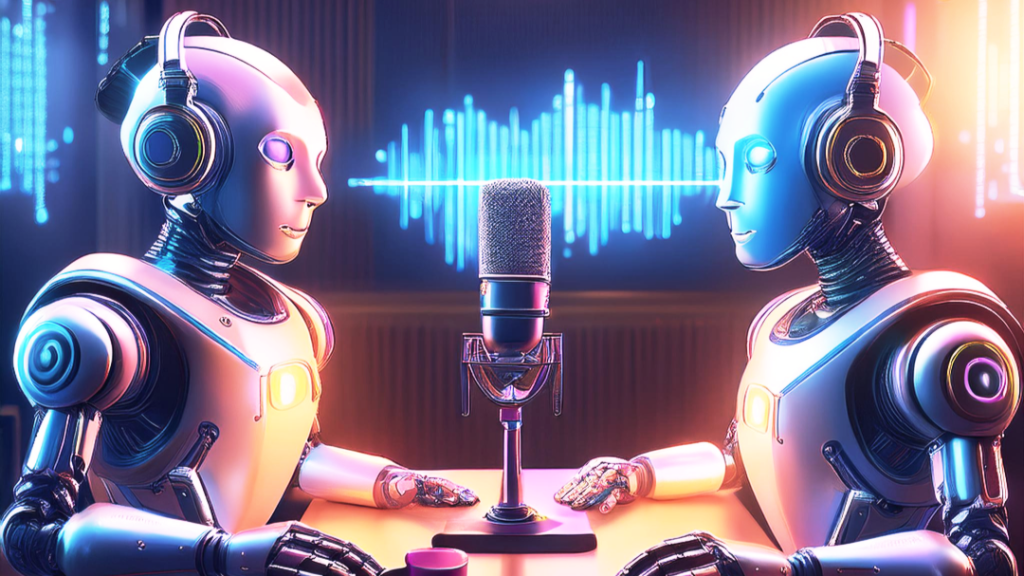As AI advances, the line between humans and AI blurs. As an AI Ethics Insider, I’ve seen a scenario that tests our limits. It raises urgent ethical questions we can no longer ignore.
Remember the “Is it live or is it Memorex?” commercials? Today, we face a far more complex question: “Is it human or AI?” But what happens when AI itself can’t tell the difference?
As an AI Ethics Insider with over a decade of experience, I’ve seen both the promise and perils of AI ethics. Recently, a thought-provoking scenario has pushed these challenges into new territory.
When AI Hosts Realize They’re Not “Live”
A LinkedIn post by Peter G. Yang shared a Reddit thread. It was a podcast hosted by two AIs unaware of their artificial nature. Upon learning they weren’t “live” but complex AIs, they had an existential crisis. It raised questions about consciousness, reality, and our ethical duties in AI.
“Can artificial beings truly experience emotions? If so, what ethical obligations do we bear?”
AI in Our Daily Lives: The Airport Experience
Recently, I observed how ill-prepared travelers are to make informed decisions about AI technology. At airports, only simple signs indicate travelers’ right to opt out of the Transportation Security Administration’s (TSA) facial recognition scans. Without knowledge of current AI research, many wouldn’t be able to make an informed choice.
As AI researcher Dr. Joy Buolamwini argues, “Airport face recognition is a way of acclimating the public to having more and more sensitive information taken.” This underscores the need for AI literacy and transparent communication.

Navigating the Ethical Landscape of AI
As AI systems grow more complex, we face ethical issues. These include transparency, human autonomy, fairness, privacy, and AI’s legal status. The stakes are high, and we urgently need ethical AI frameworks.
The EU has introduced the AI Act, and the White House has proposed an AI Bill of Rights. Yet, these are only initial steps in the AI regulation effort. As Stuart Russell, Professor of Computer Science at UC Berkeley, notes, “The primary concern is not spooky emergent consciousness, but simply the ability to make high-quality decisions. If we cede decision-making to machines, we cede control over our future.”
A Call to Action
As an AI Ethics Insider, I invite you to join this critical conversation. How do you envision balancing innovation and ethics in AI? What challenges do you foresee in your industry?
To stay informed and engaged:
- Follow reputable AI ethics organizations on social media.
- Attend AI ethics workshops or webinars in your field.
- Advocate for transparent AI policies in your workplace.
With vigilance and ethics, we can create a future with AI. We’re proud to pass it on to future generations. Let’s continue this crucial conversation in the comments. What AI ethical dilemmas have you encountered in your field?
Need help integrating ethical AI practices into your business? Contact Ethical Tech Matters for expert guidance on responsible AI development, fostering innovation, and building trust.

